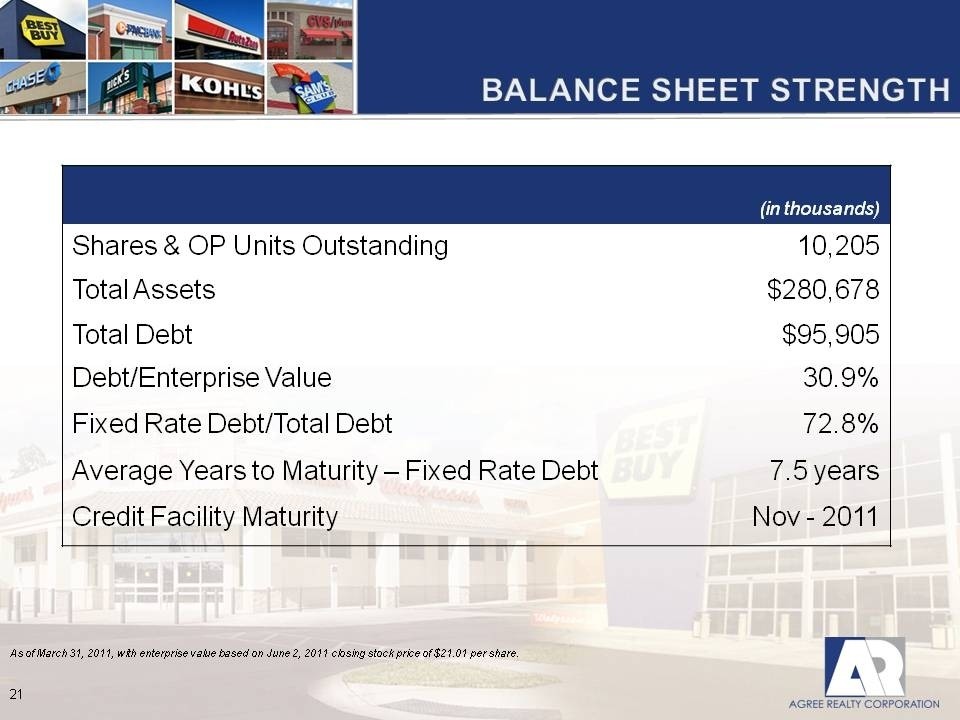The REIT way to financial maturity
Post on: 11 Июль, 2015 No Comment

As the Indian economy matures, new financial instruments will see the light of day, which will help unlock the value of different asset classes, bring in more liquidity in the system, and offer new avenues for investment to the population, in general, obsessed with gold. In the Indian context, real estate is an important investment avenue; however, the ticket size of the investment often restricts this option to a small number of investors. Real estate investment trusts (REITs) could be an answer, wherein a large number of people could invest in relatively small denominations.
One of the highlights of the Union Budget 2014 was the introduction of the tax pass-through status for REITs. Sebi has also been quick in issuing the draft guidelines on this subject. Like any new financial instrument, REITs will go through its own learning curve with many issues to be ironed out and other related aspects to be fine-tuned to make it more attractive for different stakeholders.
REITs are listed trusts that draw funds from investors known as unit holders. It invests these funds directly or through a special purpose vehicle (SPV) into revenue yielding commercial properties like shopping centres, office complexes, etc. Income generated from these assets is distributed to its unit holders.
Under REITs, a sponsor, generally a developer, sets up a Sebi-registered trust. The assets of the REITs are held by the trustee and its day-to-day operations are managed by a professional manager independent of the trustee, allowing for better transparency and security of investments of the trust.
As per Sebi guidelines, the minimum asset size for a REIT is R500 crore. The guidelines also require mandatory initial offer within three years from registration, with minimum offer size of R250 crore. For investors, the minimum investment has been kept at R2 lakh to ensure that investors only above a certain threshold of risk appetite should invest in this product. Subsequently, in the secondary market, the unit size of the investment could be R1 lakh only. Another positive step is that multiple sponsors, up to a maximum of three, could set up a REIT, thereby providing an opportunity to real estate developers to pool in their assets, meet the threshold limits and reap the benefits of monetising their assets.
On the tax front, the Finance Act 2014 had accorded the much-needed tax pass-through status to REITs. The underlying theme is that the trust will not pay tax on income and only the investor will be taxed when he receives the income or sells the units of REIT. It is, however, pertinent to note that not all income of the trust is tax-free. The pass-through benefit is primarily for the interest income earned by REIT from an SPV. There is no pass-through for rent or other income received by the REIT from property directly held by it. REIT is also subject to capital gains tax on sale of shares of the SPV. Further, the levy of Dividend Distribution Tax (DDT) at SPV level puts a question mark on the tax pass-through status of the trust.
Swap of shares of SPV against units of trust are not taxable for the sponsor at the time of swap; however, there is no clarity on the tax treatment in case of direct transfer of immovable assets to the trust. The levy of Minimum Alternate Tax (MAT) in the aforesaid situations requires reconsideration. Further, the sponsors have a big concern on the tax implications, in case of units acquired on such swap and sold subsequently.
In order to make REITs popular, besides tax, few other regulations need reconsideration. Under the Foreign Exchange Management Act (FEMA), foreign sponsors should be allowed to acquire units of REITs under automatic route without any limits. NRIs and other investors should be allowed to invest in REITs. Further, REITs should be allowed to avail foreign currency loans, in line with global best practices.
Another issue that requires attention is the applicability of stamp duty on transfer of asset by sponsor to the REIT. Stamp duty is a state subject and state-level charges like stamp duty, registration charges, etc, could make it cost-ineffective. In order to incentivitise REITs, state governments could follow the example set by Singapore, which waives stamp duty on REIT property transactions for five years after their listing.
Overall, REITs is a move in the right direction and could be a game-changer for the Indian real estate sector. A reconsideration of a few of the tax and regulatory provisions would help REITs achieve its desired objective of providing much-needed liquidity to the real estate sector, boost to the financial services sector. and an alternate investment option in real estate to millions of small investors with an easy exit mechanism on a formal and transparent stock exchange.
By Vikas Vasal & Nandita Tripathi
Vikas Vasal is partner and Nandita Tripathi is director, KPMG in India














